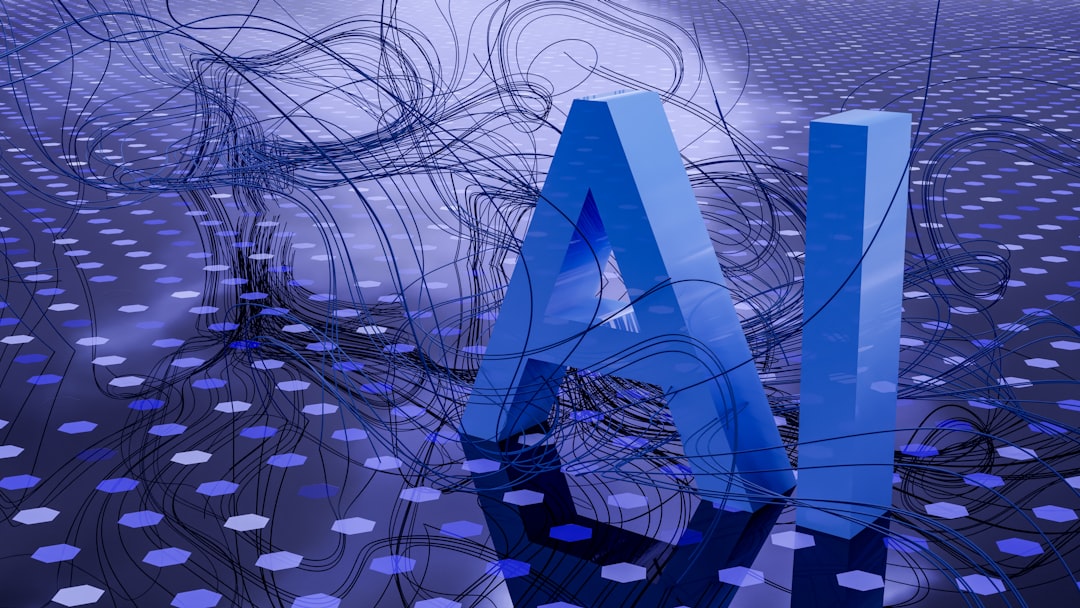**Artificial Intelligence (AI) is making waves across the globe**, pushing the boundaries of what technology can accomplish. Recently, the TechCrunch Sessions: AI provided a platform for some of the brightest minds in the field to showcase how AI is transforming industries, from healthcare and finance to entertainment and beyond. The conference highlighted significant breakthroughs and insights that underscore the trajectory of this rapidly advancing domain.
At the heart of the discussions was the emphasis on AI’s capacity to augment human capabilities rather than replace them. Experts discussed how AI could improve decision-making processes in complex scenarios, citing real-world applications such as predictive maintenance in manufacturing, where AI algorithms forecast equipment failures before they occur, thus saving time and resources. This collaborative approach to AI implementation is setting the stage for more resilient and efficient systems across various sectors.
One of the standout innovations presented was the development of AI-driven diagnostic tools in healthcare. These tools have shown promise in catching diseases at early stages, drastically improving patient outcomes. For example, AI models can analyze complex medical data faster and more accurately than traditional methods, aiding doctors in diagnosing conditions with a higher degree of precision. As such advancements continue, they promise to enhance not only the accuracy but also the accessibility of medical services.
Data is the lifeblood of AI, and managing it effectively plays a crucial role in the success of any AI-driven initiative. During the TechCrunch Sessions, speakers highlighted the importance of data quality, privacy, and ethical considerations. The debate over AI’s ethical implications continues to be a pivotal aspect, with experts arguing for balanced frameworks that ensure AI’s deployment is fair and unbiased. The conversation spanned various crucial topics, including the need for transparent algorithms and the safeguarding of personal data in an increasingly digital world.
In finance, AI algorithms are revolutionizing how we understand and interact with markets. AI-driven trading systems are capable of analyzing vast amounts of financial data to make informed decisions at speeds incomprehensible to human traders. However, the ethical utilization of such systems remains a subject of discussion, emphasizing the need for regulatory oversight to prevent misuse.
Looking forward, the sessions predicted a future where AI becomes an indispensable part of everyday life. The focus is shifting towards creating AI systems that are not only powerful but also interpretable and reliable, ensuring that autonomous systems can explain their decisions transparently. This thrust towards transparency is pivotal in building trust in AI applications across industries.
The integration of AI and IoT (Internet of Things) was another exciting topic. Combined, these technologies have the potential to seamlessly connect and automate homes, offices, and even cities, creating smarter environments that respond in real-time to the needs of their inhabitants. By 2030, it is projected that the number of IoT-connected devices could surpass 125 billion, with AI playing a key role in managing and optimizing this complex web of connectivity.
It was clear from the TechCrunch Sessions that the horizon of AI is filled with possibilities and challenges alike. As we unlock more of AI’s potential, it becomes imperative to tackle the ethical and societal implications head-on, ensuring technology serves humanity’s best interests. The evolving landscape promises a future where AI, guided by thoughtful regulation and ethical considerations, can lead to unprecedented advancements and prosperity.
AI
Inside the AI revolution
















Leave a Reply